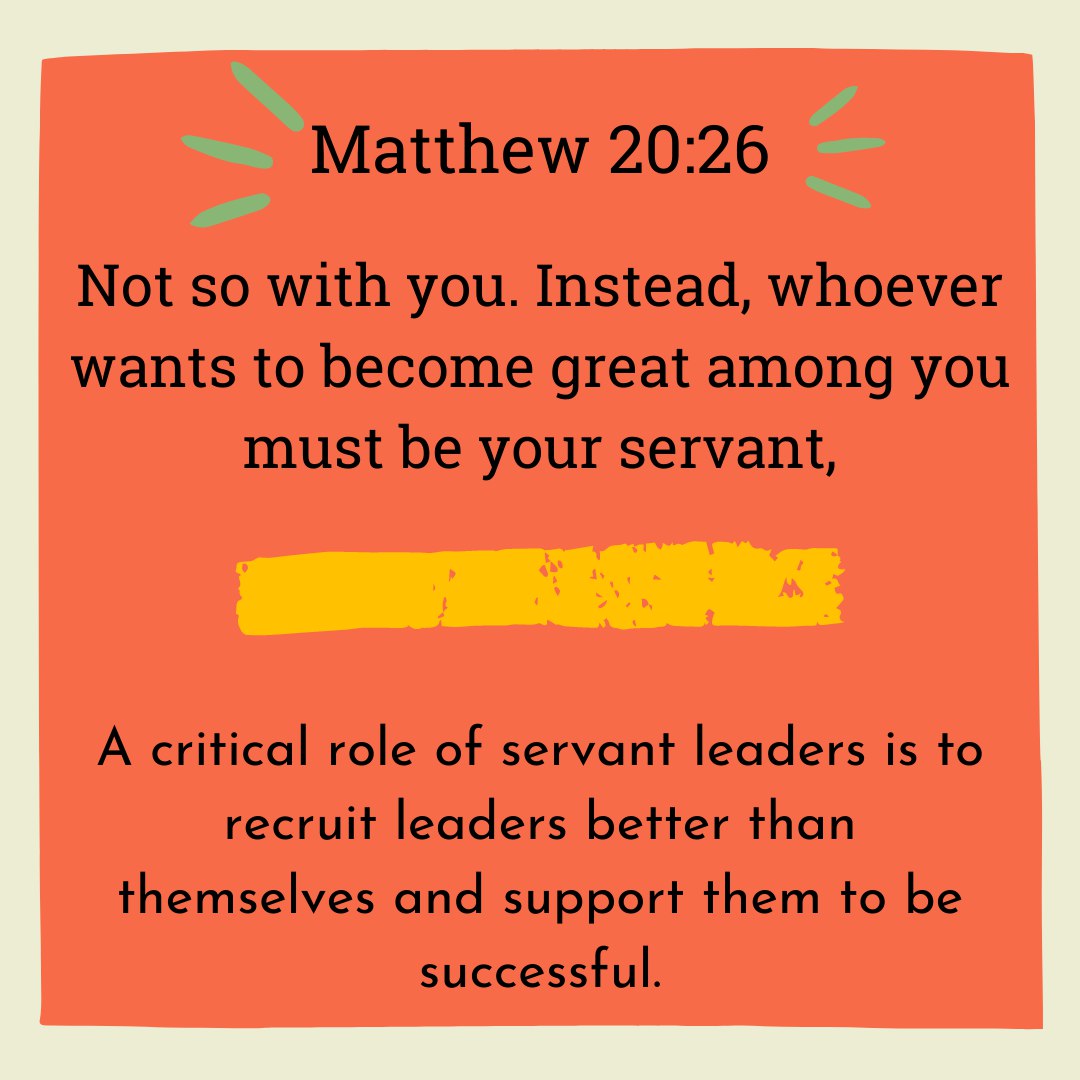Mentoring Lessons- Leadership Transitionಮಾದರಿ

Thriving in a second generation
How will your community sports team or organization thrive in a second generation?
Sadly, many excellent community sports teams and organizations never make it to a second generation. This may be because the successor hasn’t been discipled in the skills to serve and lead. But it may also be because the leader or founder failed to pass on leadership responsibilities. Some may hold onto leadership too tightly. Some pioneers don’t even allow the next leader to meet the donors.
Is there a way to ensure your ministry goes to the next generation? Yes! Here’s how. Go and recruit godly leaders who are humble and more gifted or talented than you!
Unfortunately, this concept is rare. Most leaders don't recruit and train leaders more gifted than themselves. Some leaders want to make all the crucial decisions and leave no space for other more talented emerging leaders to make mistakes, grow, lead and succeed. Some want to be the only visible leader and are threatened by those who are more talented. Some put more gifted emerging leaders in such challenging roles that they can only fail. Tragically our spiritual enemy uses the egos of leaders to keep teams and agencies from becoming stronger in the second generation.
What can we do? A servant leader’s most crucial role is to give their credibility to a humble and more gifted emerging leader. If you do this, you will feel a fresh wind of blessing from the Lord.
Matthew 20:26
Not so with you. Instead, whoever wants to become great among you must be your servant.
Key Lesson: A critical role of servant leaders is to recruit leaders better than themselves and support them to be successful.

Scripture
About this Plan

Explore leadership transition through this Bible study plan inspired by sports ministry experiences. Learn to navigate change, build resilience, and foster unity, guided by biblical principles and sports team dynamics.
More








